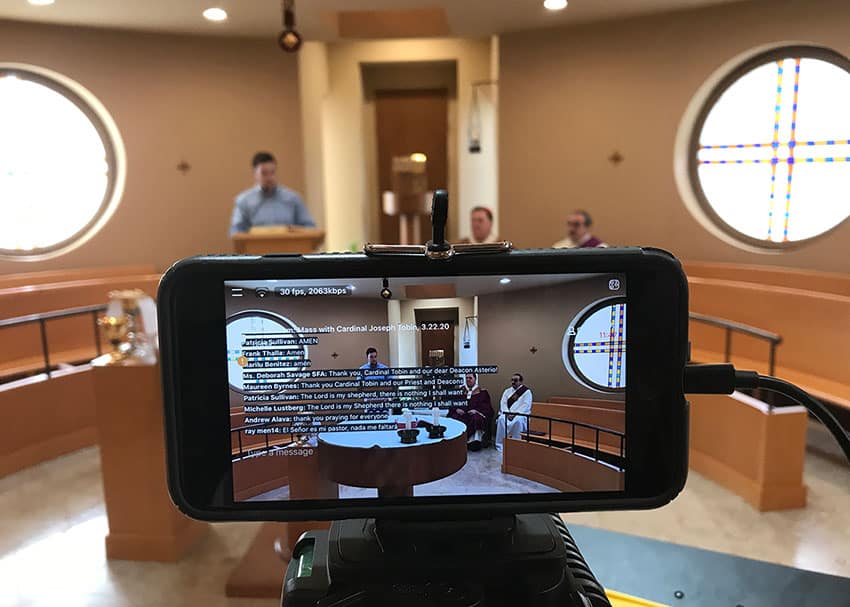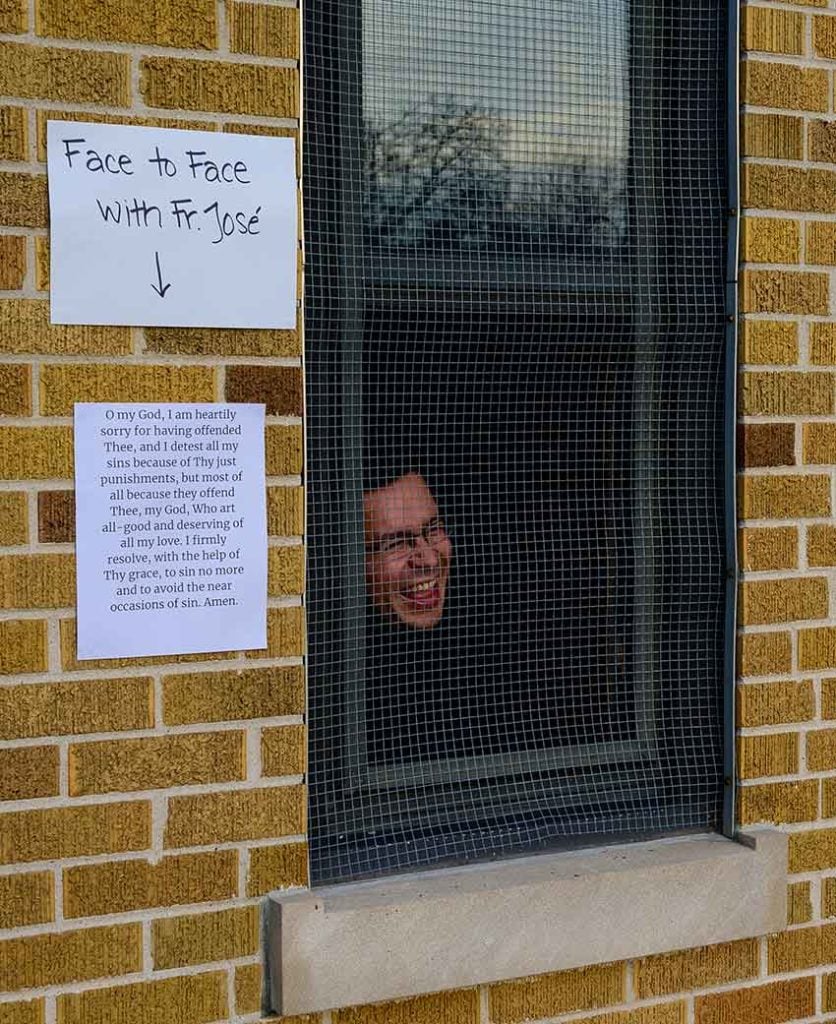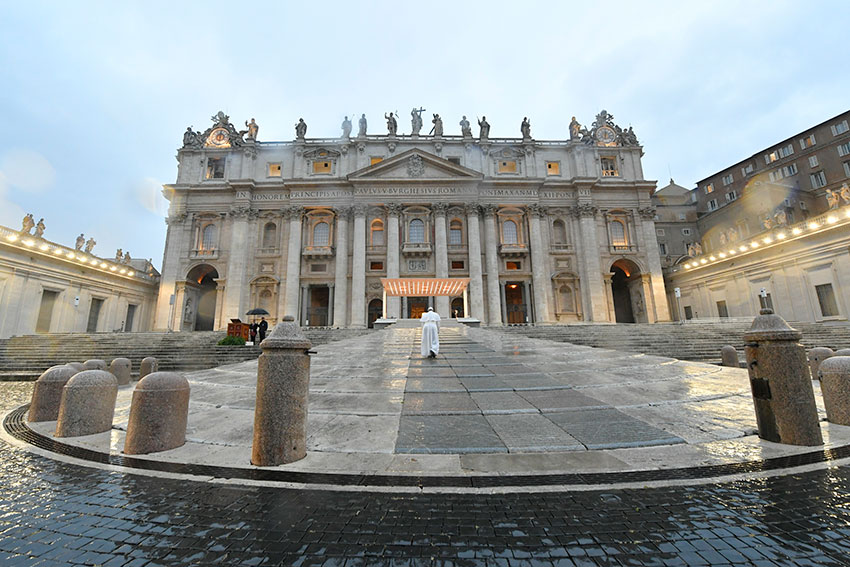
I try to be faithful to the restrictions the authorities have placed on us to prevent the spread of the coronavirus, but I know people who say these precautions are too extreme and they ignore them. What should we be doing?
We are now living through restrictions on many activities that the world has not seen since wartime or since the so-called Spanish flu ravaged the world in 1918-19. That flu, by the way, had truly devastating effects. Of the 1.5 billion people in the world at the time one third, or 500 million, contracted the illness and between 20 and 50 million died from it, more than the estimated 17 million who died in the First World War, which ended that year. The experience of different countries and cities in dealing with the Spanish flu showed clearly that where more restrictions were placed on people’s movements, the number of those affected was lower.
Lockdowns and their success
The present coronavirus and the associated illness known as Covid-19 first appeared in China towards the end of 2019 but quickly spread throughout the world, acquiring the designation of a pandemic. Authorities everywhere have placed restrictions on their people to try to slow the rate of infections. In some places this has included total lockdown, where people cannot leave their homes except in cases of absolute necessity.
In some countries, particularly in Southeast Asia, these measures have been singularly successful because people have obeyed them faithfully, given their traditional respect for those in authority. In other places fewer restrictions have been made or the people have ignored them in greater numbers, leading to a higher rate of infection.

Excessive?
In Australia the authorities have seen what has happened overseas and they have put significant restrictions on people’s movements and activities in an effort to keep the rate of infection down. They wanted to be ahead of the virus, not waiting until it had taken hold and then acting when it was too late. Even then, the number of new cases has continued to rise.
In the eyes of some, these restrictions have seemed excessive, among them closing churches and forbidding Masses and other acts of worship, drastically limiting the number of people at weddings and funerals, closing gyms, fitness centres and beaches as well as pubs, restaurants and cinemas, enforcing social distancing, etc.

Staying home can save lives
If it were not for the rising toll of infections and deaths in other countries, some of these measures could indeed appear extreme, given that the numbers in Australia to date have been relatively small. But if we want to avoid experiencing the high rates we see elsewhere, we should be diligent in fulfilling whatever the authorities say.
If this costs us, as it already has in many of ways, sometimes severely, we should accept it as a necessary sacrifice to save the health and lives of others, and possibly our own. In this time of Lent we can unite our sacrifice with that of Christ on the cross. He suffered for us and we can offer our suffering in union with him for others.
If this costs us, as it already has in many of ways, sometimes severely, we should accept it as a necessary sacrifice to save the health and lives of others
Offer the sacrifice of not being able to be at Mass
If we cannot attend Mass or receive Communion, that too is a sacrifice we can offer to God, in union with the many people around the world who over the centuries and at the present time, cannot attend Mass.
Do you have a question for Fr Flader? Email yours to: [email protected]
Related
